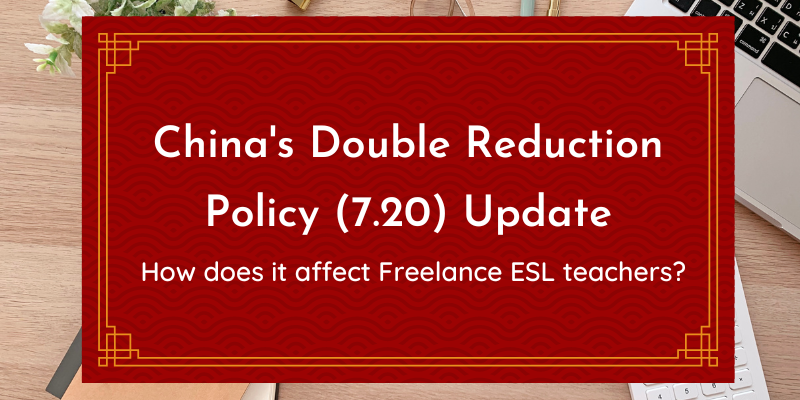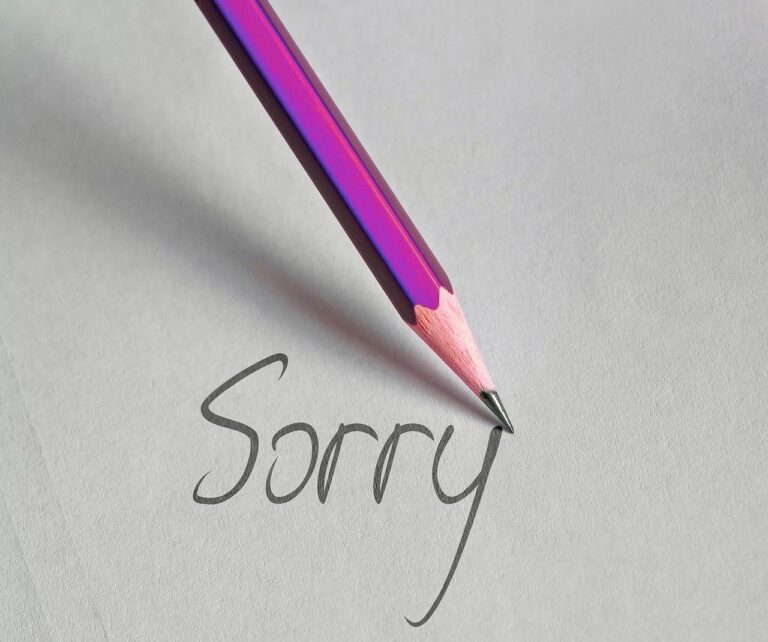China’s Double Reduction Policy Updates
The Double Reduction Policy (7.20) in China is making ESL news again as the Chinese government reinforce their mandate to axe extracurricular and online tuition. According to the Chinese government, this legislation was introduced in July, 2021 to reduce the workload on young Chinese children, but obvious to most foreigners is the active effort to reduce Western influence on young Chinese children. Whatever the rationale, since its inception the policy has been largely ignored by offshore teachers and inconsequential to students adamantly seeking English language tuition from foreign teachers.
How Do Recent China Policy Updates Affect Independent English Teachers?
Very recently, large-scale companies like BlingABC, Cambly and VIPKid have pushed recruiting and hiring foreign teachers again and seem to be ‘full steam ahead’ in conducting online classes for Chinese children. These are large-scale companies operating directly against Chinese govt legislation, so my guess is they’ve got contacts within the Chinese government and have somehow acquired licenses to continue operations.
The best Chinese government can do is shut down teachers and academies operating within China – remember, they have absolutely no jurisdiction outside China. Recent press has cited the government’s efforts will target disguised domestic tutoring: e.g. English tutoring in the guise of nannying, consulting, housekeeping, homestay programs, winter/summer camps, hotel-based academies, etc. The government could ban external websites or classroom platforms, but they would need to sift through the WWW like a needle in a haystack to find single independent teachers’ operations, which is way outside the scope of worthwhile for them.
I spoke to a Chinese friend and colleague last week, who operated a cram school herself until 7.20 was enforced, and she claims that the original rules have greatly loosened up. She’s back to teaching herself, and says as long as teachers don’t overtly advertise paid online classes, the government looks the other way.
The main sticking point is the new fines that will supposedly be imposed by the 7.20 ‘refresh’. Again, the Chinese government has no jurisdiction to impose any fines on anyone located outside China, so even if the government was prepared to allocate massive resources into imposing fines, these will only affect foreign teachers indirectly. The government could, theoretically, impose fines on families of students taking online classes, but my personal opinion is these are only the usual government scare tactics. The personnel and resources required to filter these actions into practice would be astronomical.
As always, we will have to wait and see how things pan out, but I’d suggest ensuring you continue to operate ‘under the radar’. Don’t advertise paid classes for children on Chinese social media or job boards, be creative about how you market your brand and push word-of-mouth for new student acquisition. If you’d rather fully abide Chinese law, consider shifting your niche to students over 14 years of age or onto a contracting platform, or craftily avoid ‘academic’ tutoring.
For more information about the recent updates to Policy 7.20 check out these sources:







